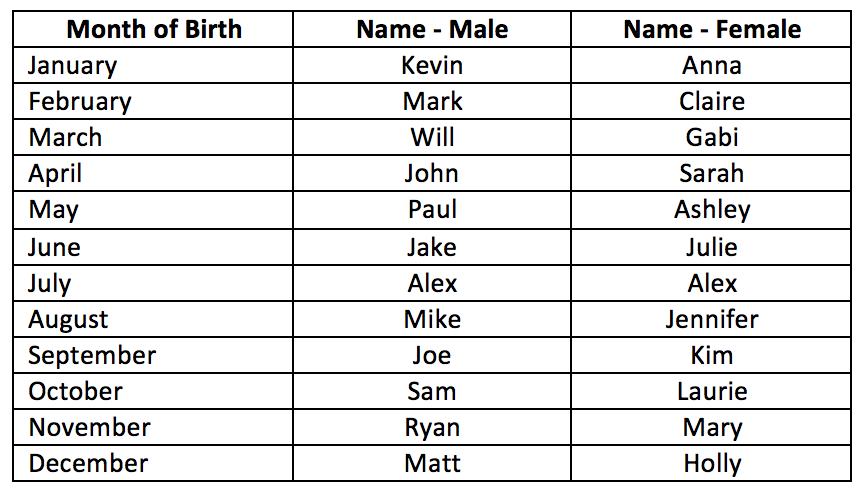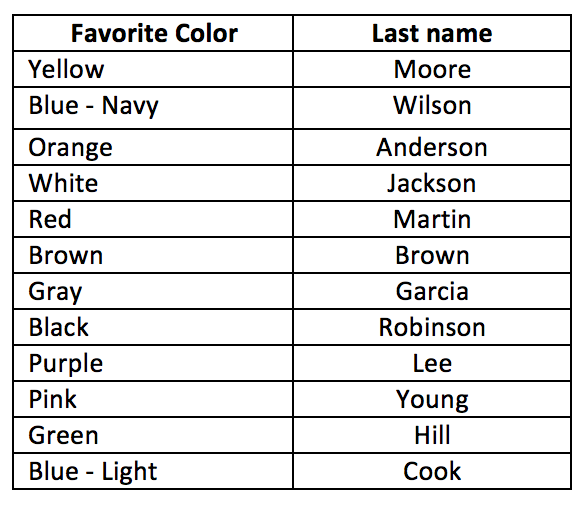Ugh, I don’t even know if I want to write about this, but I just got back from the Recruiting Trends and Talent Tech Conference, and this one subject dominated most of my conversations in one way or another.
First, don’t think I’m looking for compassion for men. As a gender, we’ve dug our own hole pretty deep over the years. Let’s face it, many of us men can be super creepy at times, and unless you’re totally disconnected, we’ve been seeing this play out very publicly recently.
One thing is very certain in my eyes, dudes are paying attention to what is happening around sexual harassment, and probably for the first time in our history!
That’s a good thing. The stories I’m hearing from female friends and peers about dudes that I know is sickening. And, I’m the dude who goes to every conference and pulls some unsuspecting lady on stage and hugs her publicly! Thankfully, I wrote the workplace hugging rules, so it’s only semi-creepy when I do this!
Like everything that happens in our society it usually comes with both good and bad outcomes. An outcome of being more aware of how males act towards females is hopefully more appropriate, professional behavior in all interactions between the sexes. It won’t stop. Let’s face it, some dudes are born super creepy, and they’ll continue to be super creepy.
A negative outcome of this awareness is good dudes being scared to act normally because of what might be perceived as some pervy behavior. I’ll give you an example. I was at dinner with a large group at the Recruiting Trends conference this past week and we were all staying in different hotels.
One of the females in our group was at a hotel by herself, it was dark, and in ‘normal’ times, 100% of the time I would have walked her back to her hotel on a dark night, in the city. 100%. I didn’t.
I was scared of the perception this woman would have of me, thinking I was trying to come on to her. I was scared what other females in the group might think of me being so ‘presumptive’ that this female needed me to ‘help’ her get safely back to her hotel.
I apologized to this lady the next day. As a man, raised by women, I was embarrassed that I let what is happening in the media change my views of who I am. I should have done the ‘right’ thing and walked her to her hotel so she wasn’t alone.
The next day I spoke to both men and women about this, together, and the group understood, but also said, “hey, Tim, but you’re not creepy’. Great, but how do I know? How do others know? How does one woman define creepy from another?
All of this bad behavior by men coming out publicly is good for the world, but don’t think it doesn’t come with major cultural change as well. Chivalry can be viewed as wanted and unwanted, and if there is a 1% chance I think it might be unwanted, I’m out! I can not take that professional risk!
Men are running scared in your workforce right now. Much of that fear, for some, is very warranted. They should be scared based on how they’ve been awful. Some of it is an unintended consequence of making society better as a whole.
I guess if you want me to walk you back to your hotel in 2018 I would appreciate you asking me instead of me offering, so I know for sure I’m not being creepy!
Hit me in the comments. What other things are males doing that we probably view as ‘helpful’ that ladies are viewing as ‘creepy’?



